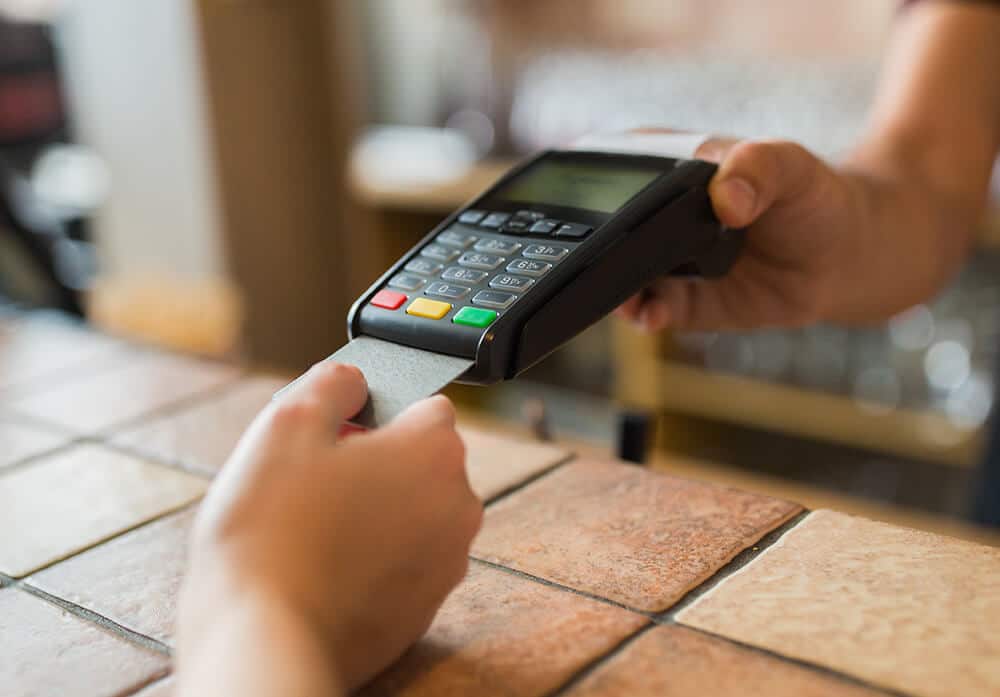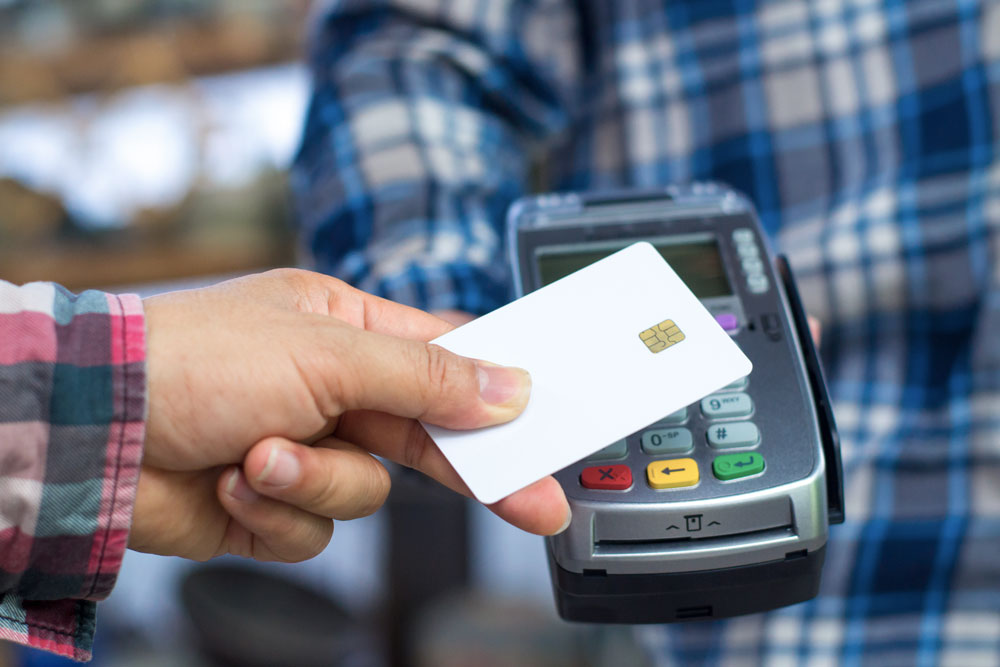
Merchant services have turned into an essential part of the present business scene, working with innumerable exchanges day to day. Given the huge amounts of cash and delicate monetary information included, a characteristic concern emerges: Are merchant services secure? The response, in general, yes. Throughout the long term, the business has advanced to consolidate strong safety efforts, guaranteeing the assurance of the two organizations and shoppers. Nonetheless, similar to any framework, understanding its shields and potential vulnerabilities is fundamental. The best merchant services offer reliable and cost-effective payment processing solutions tailored to a business’s specific needs.
The essential standard that has been set to guarantee the security of card exchanges is the Installment Card Industry Information Security Standard (PCI DSS). Laid out by significant Mastercard organizations, PCI DSS frames severe prerequisites that all substances engaged with taking care of card information should stick to. This extensive standard tends to a few security perspectives, from encryption and firewall designs to strategies and methods that limit information access.
Encryption assumes a significant part in getting exchanges. At the point when an installment is made, the information is scrambled, transforming touchy data into complex codes. Just the less than desirable end, commonly the installment processor or bank, has the decoding key to decipher the information. This guarantees that regardless of whether information is captured during transmission, it stays unintelligible and futile to possible hoodlums.

Misrepresentation recognition and counteraction apparatuses have likewise become modern. Merchant specialist co-ops frequently utilize ongoing checking to distinguish surprising exchange examples or ways of behaving that could demonstrate fake action. In the case of something looks awry, the exchange can be hailed for additional consideration or hindered out and out.
Two-factor confirmation (2FA) adds one more layer of safety. This expects clients to give two types of distinguishing proof prior to getting to records or frameworks, normally something they know (like a secret phrase) and something they have (like a telephone to get a check code).
In Conclusion, while inborn dangers exist in any on the web or electronic exchange framework, merchant services have taken significant steps in guaranteeing security. With industry norms like PCI DSS, high level encryption, tokenization, misrepresentation discovery devices, and two-factor confirmation, the dangers are limited. By grasping these shields and banding together with a dependable supplier, organizations can unhesitatingly utilize merchant services, offering their clients a protected and consistent exchange insight. The best merchant services offer reliable, cost-effective solutions for businesses to process payments and enhance customer experiences.





